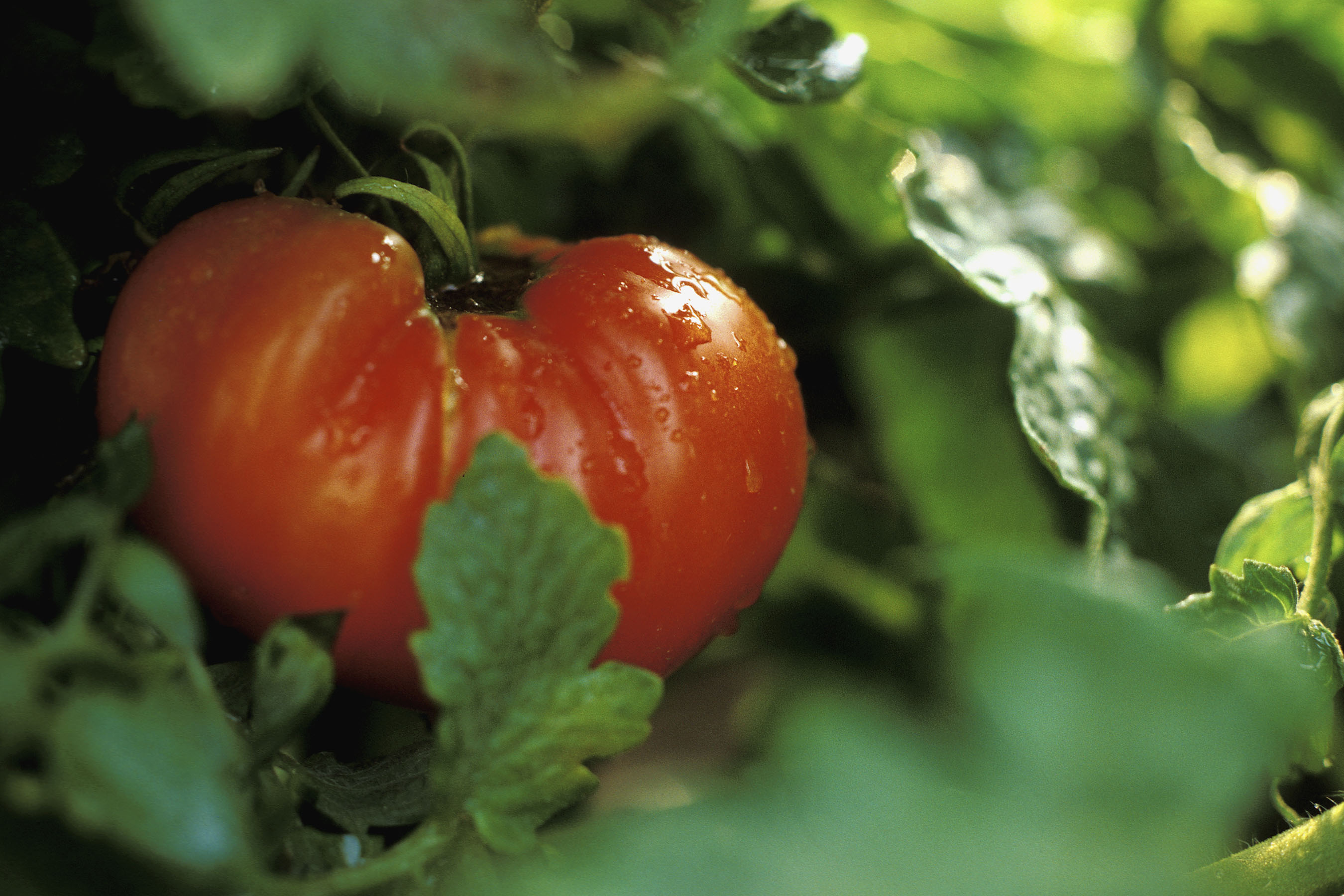Extension encourages citizens to plant home vegetable gardens

Virginia Cooperative Extension is educating citizens about the benefits of planting and maintaining home vegetable gardens.
“Our goal is education,” said Sheri Dorn, an agriculture and natural resources Extension agent for Roanoke County. “We want to teach people not only how to grow vegetables, but how to do it in a sustainable way.”
Virginia Cooperative Extension’s Roanoke County Office is one of many across the state teaching entire communities about the value of homegrown foods. For example, the office has a 4-H garden project, implemented by Master Gardener volunteers, that teaches fourth graders how to grow their own vegetables.
Dorn also hosted a “Vegetables for Victory” garden challenge, which invited Roanoke families to grow backyard vegetable gardens similar to those grown during World War II.
In Henrico County, Extension agents have worked for almost two years to educate communities in the Richmond area about the benefits of growing and eating their own produce. Agriculture and natural resources Extension agent Lisa Sanderson, along with Jonah Fogel, a community viability area specialist for Extension’s Northeast District, and other agents in Henrico and Goochland counties teamed up to work on Shalom Farms. The United Methodist Urban Ministries of Richmond initiated this joint project to help families with limited resources learn how to grow food, eat healthfully, and build strong neighborhoods.
“In the area we are currently targeting – Hillside Court in southern Richmond – there are 448 units of housing for limited-resource families, 408 of which are headed by women, most of whom have kids. Three-quarters of the residents are unemployed,” Fogel explained.
Fogel wants to teach parents and children about growing and preserving their own vegetables, and consequently, improving their nutrition. “Growing your own produce is about uniting with neighbors and getting to know one another, which is invaluable in communities where crime is a problem,” he said. “When you know and trust your neighbor, you build relationships. Gardening provides an opportunity for this to happen.”
Dorn, Sanderson, and Fogel say they believe efforts like these will ultimately stimulate the economy by increasing the number of food-based business startups.
“The benefits to the economy locally are plentiful. If you have an industry that uses land for growing fruits and vegetables, there are jobs that are created, and of course, if you have a profitable farm, there will be employment opportunities,” said Dorn, who added that the local food movement has the potential to keep land in agricultural use that would otherwise be turned over for residential or commercial development.
Read more about gardening and the local foods movement:
- “Buying, Selling, and Enjoying Local Foods—The Movement in Virginia”
- “How Important Are Locally Grown Foods?”
Written by Ashley Estes, of Chesterfield, Va., a senior majoring in communication in the College of Liberal Arts and Human Sciences.




